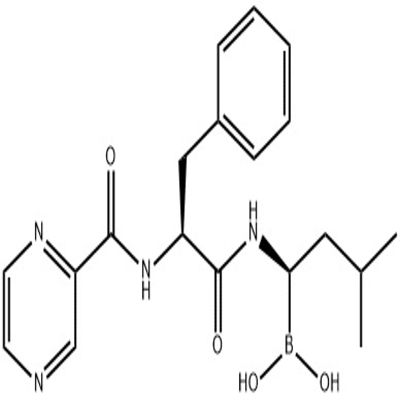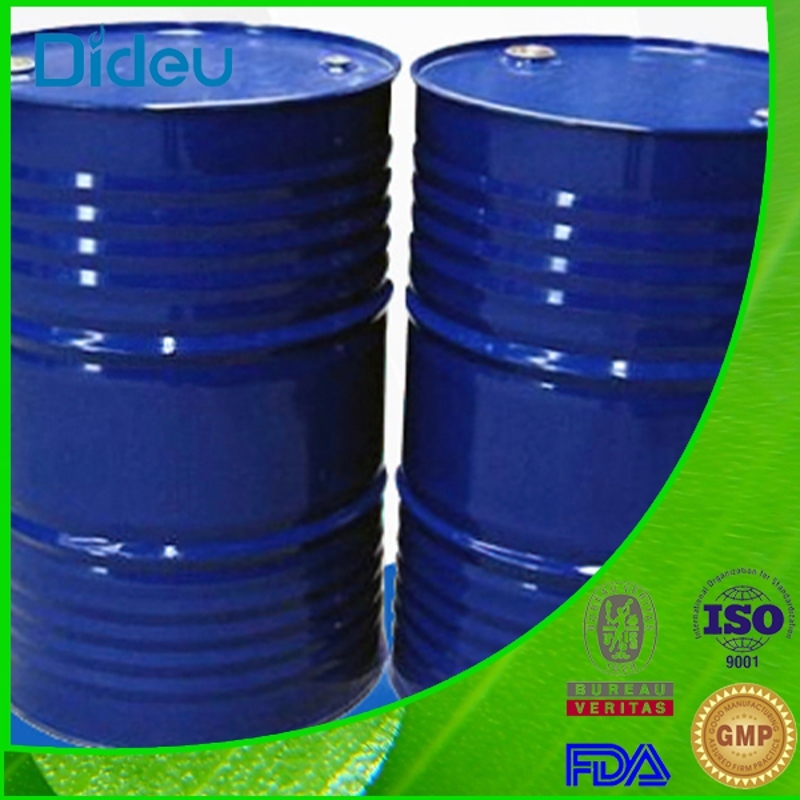-
Categories
-
Pharmaceutical Intermediates
-
Active Pharmaceutical Ingredients
-
Food Additives
- Industrial Coatings
- Agrochemicals
- Dyes and Pigments
- Surfactant
- Flavors and Fragrances
- Chemical Reagents
- Catalyst and Auxiliary
- Natural Products
- Inorganic Chemistry
-
Organic Chemistry
-
Biochemical Engineering
- Analytical Chemistry
-
Cosmetic Ingredient
- Water Treatment Chemical
-
Pharmaceutical Intermediates
Promotion
ECHEMI Mall
Wholesale
Weekly Price
Exhibition
News
-
Trade Service
The chemical industry plays a vital role in modern society, providing the building blocks for a wide range of products and materials that are essential to our daily lives.
One example of a chemical compound that is of interest to the industry is [1-(6-Chloropyridazin-3-yl)piperidin-4-yl]methanol, which is also known by its chemical formula CAS # 144-91-2.
Upstream Products
The production of [1-(6-Chloropyridazin-3-yl)piperidin-4-yl]methanol involves a number of upstream products, which are the raw materials that are used to manufacture the compound.
One of the key upstream products is 6-chloropyridazine-3-carboxylic acid, which is used as a starting material in the synthesis of [1-(6-Chloropyridazin-3-yl)piperidin-4-yl]methanol.
Other upstream products include methanol and piperidine, which are also used in the production process.
Downstream Products
Once [1-(6-Chloropyridazin-3-yl)piperidin-4-yl]methanol has been synthesized, it can be used as a starting material to produce a wide range of downstream products.
One example is the synthesis of pharmaceuticals, such as anti-inflammatory drugs, antidepressants, and antipsychotics.
The compound can also be used in the production of agrochemicals, such as herbicides and insecticides, and in the manufacture of various industrial chemicals, such as plastics and dyes.
Environmental Impact
The production of [1-(6-Chloropyridazin-3-yl)piperidin-4-yl]methanol, as well as its downstream products, can have a significant impact on the environment.
The use of chemicals in the production process can result in the release of pollutants into the air, water, and soil, which can have harmful effects on ecosystems and human health.
In order to mitigate these impacts, it is essential that chemical companies take steps to reduce their environmental footprint, such as by implementing sustainable production practices and using green technologies.
Ethical Considerations
The production and use of [1-(6-Chloropyridazin-3-yl)piperidin-4-yl]methanol, as well as its downstream products, raise a number of ethical considerations.
For example, the use of certain chemicals in the production process may be associated with human rights abuses, such as the exploitation of workers in developing countries.
In addition, there may be concerns about the safety of certain chemicals for human health and the environment, and it is important for companies to ensure that their products are safe and ethical.
In conclusion, [1-(6-Chloropyridazin-3-yl)piperidin-4-yl]methanol is an important compound in the chemical industry, with a wide range of upstream and downstream products.
However, the production and use of chemicals can have a significant impact on the environment and human health, and it is essential that companies take steps to reduce their environmental footprint and ensure that their products are safe and ethical.







